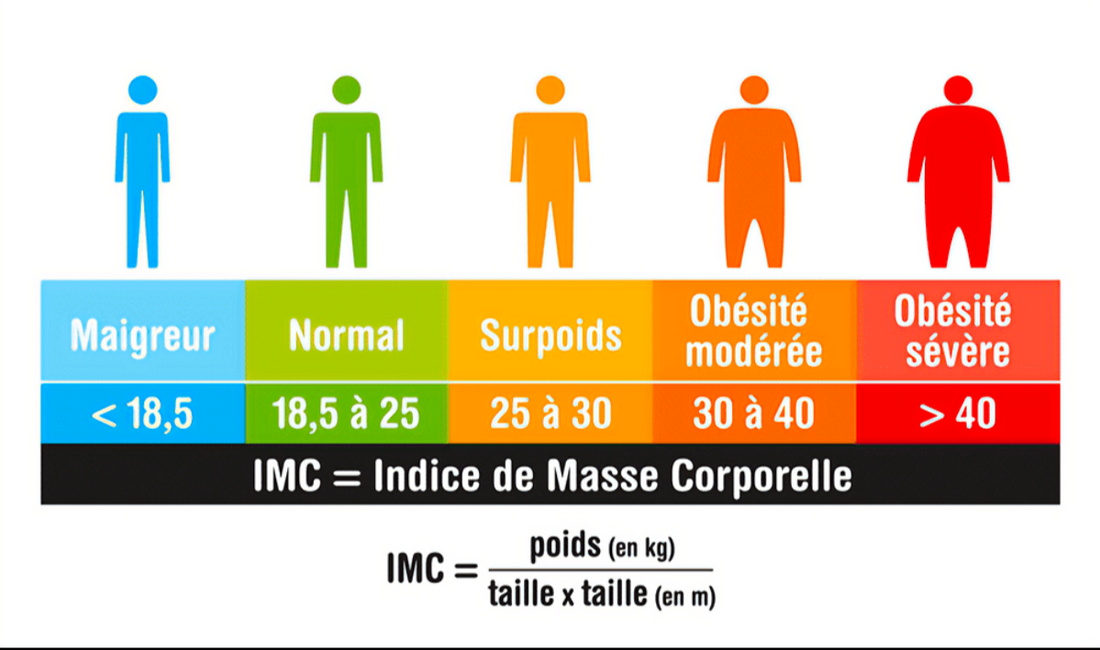
Understanding BMI: A Tool to Assess Your Health: - Explore what BMI is, how it is calculated, and its limitations as a health indicator
Understanding BMI: A Tool to Assess Your Health
Body mass index (BMI) is a widely used tool to assess a person's physical health. Understanding BMI: A tool to assess your health is essential for anyone who wants to better understand their health status.
This indicator is calculated by dividing a person's weight in kilograms by the square of their height in meters.
While this simple indicator offers a quick estimate of body size, it is also crucial to understand its nuances and limitations.
What is BMI?
BMI is an indicator that allows individuals to be categorized as underweight, normal weight, overweight or obese. These categories help identify potential weight-related health risks.
For example, a BMI below 18.5 is considered underweight, while a BMI between 18.5 and 24.9 is considered normal.
On the other hand, a BMI above 25 indicates overweight, and above 30, it is obesity.
Understanding BMI: A tool to assess your health will help you better understand these classifications and their importance.
How is it calculated?
Calculating BMI is simple: take your weight in kilograms and divide it by your height in meters squared. For example, if you weigh 70 kg and are 1.75 m tall, your BMI would be calculated as follows: 70 / (1.75 x 1.75) = 22.86. This result is within the normal range.
So, knowing your BMI can be a first step towards a better understanding of your health.
Limits of BMI
However, although BMI is useful for rapid assessment, it has important limitations. First, it does not distinguish between fat mass and muscle mass.
So, an athlete with strong muscles could be classified as overweight or obese depending on their BMI.
Additionally, BMI does not take into account the distribution of fat in the body, which can be crucial in assessing health risks.
Therefore, it is important to use other assessment methods in addition.
Why use BMI?
Despite its limitations, Understanding BMI: A Tool to Assess Your Health remains a practical and accessible tool for quickly assessing the weight status of a population.
It allows healthcare professionals to quickly identify individuals at risk and implement appropriate interventions.
Indeed, BMI can serve as a starting point for more in-depth discussions about health and well-being.
Conclusion
In summary, BMI is a useful but imperfect tool for assessing physical health. It should be used in conjunction with other clinical measurements and assessments to obtain a complete picture of a person's health.
By understanding its limitations and usefulness through BMI: A Tool to Assess Your Health, you can better manage your health and make informed decisions about your physical well-being.
Ultimately, knowing your BMI can be the first step toward living a healthier, more balanced life.
Remember that every individual is unique and it is always best to consult a healthcare professional for personalized advice tailored to your specific needs.
